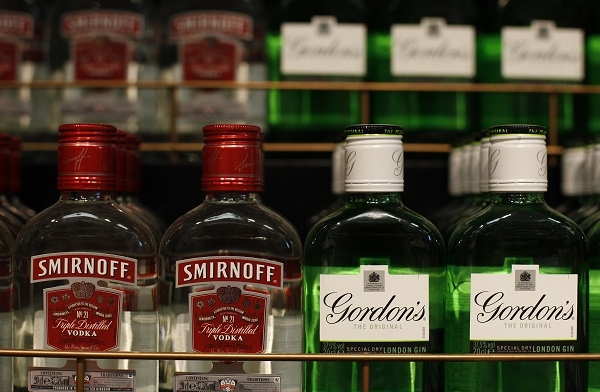 Report's authors say drinking heavily is part of the Russian lifestyle
Report's authors say drinking heavily is part of the Russian lifestyle
The study tracked the drinking habits of more than 150,000 adults in three Russian cities for up to a decade. It also drew on previous research looking at how much people had drunk before they died. It found death rates fluctuated in line with political events and changes in alcohol policy.
In 1985, under President Gorbachev, alcohol consumption was severely restricted and Russia's overall death rates fell. Then with the fall of communism and the instability that followed, people started drinking more, and death rates rose.
Researchers say it's the way Russians drink, binging on mostly vodka, that contributes to the high mortality rates.
Taxes and restrictions brought in in 2006 have helped reduce alcohol consumption, but the authors say drinking heavily is part of the Russian lifestyle, and that's what needs to change.
SHOW ALL | HIDE ALL
recorded
used information or experience for a particular purpose
in the same way as
uncertainty caused by change, or the possibility of change
drinking or consuming too much in a short time
number of deaths in a population over a period of time